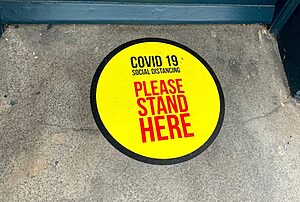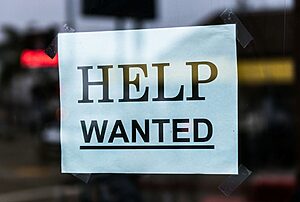In brief
- Co-governance – some form of superior rights for Māori vs one person-one vote.
- Many mistakenly think co-governance is just about getting along.
- Do you know how much the Government controls the narrative?
- Have you seen how much trans rights are being pushed to trump the rights of others?
Do you really know what is brewing?
New Zealand’s general election is scheduled for 14 October 2023. There are huge issues at stake and too many Kiwis are in the dark. If people don’t inform themselves, they may well vote for a party only to find there are a lot of things they don’t like in the package.
While not exhaustive, let’s start with these big topics.
Co-governance
Co-governance is a departure from the democratic norm of ‘one person one vote’. It grants superior rights to Māori based on ethnic and tribal affiliation. It’s pitched by the left as an obligation under the Treaty of Waitangi, but there’s no consensus on that. Any notion of ‘obligation’ is a pretence. Parliamentary sovereignty means ultimately the Government can do what it wants.
Labour works to deliver co-governance reforms to Māori special interests. While the Government has been secretive about their efforts in the past, Kieran McAnulty has recently been upfront in saying Labour favours co-governance over democracy.
Water reforms propose to give Māori elites commanding power over all freshwater in the nation, through a complex management structure. Critics are smeared as racists.
Co-governance will soon be applied to local government, resource management and an untold number of aspects of civic life in New Zealand, but there is considerable resistance rising against these policies.
Controlling the narrative
Controlling the media narrative is central for this Government. This includes the $55m media fund, the massive ad spend pushing the Government’s messaging, and the Government sponsored Disinformation Project which attacks critics of Government policies. Even the outsized communications spend by Labour, for internal staff, has become a talking point amongst the opposition.
New Zealand enacted some of the strictest COVID lockdown measures in the world. The Government stifled information around COVID and favoured propaganda and censorship. They did this in the name of your safety, whether you liked it or not, because they felt they knew best.
It isn’t just the COVID narrative they try to influence.

Trans takeover
The aggressive push to prioritise the rights of transgenders over others includes allowing biological men to compete against women in sport and access changing rooms alongside women. The trans lifestyle is also actively promoted in early childhood education.
Many think the trans community is small in number, so just let them do their thing. But, if you start looking around, you may find “their thing” is much more invasive on “your thing” than you thought.
The recent Posie Parker debacle saw a mob of trans rights activists physically prevent Parker from speaking about women’s rights at an event literally called “Let Women Speak”. She had been invited by local women.
The mob mentality was encouraged by the Government and the mainstream media. This follows years of similarly partisan moves by officials against women’s groups at the behest of these activists.
Then there is the extensive network of charities like InsideOut, which receive government funding, and infiltrate schools with trans ideology. Very much part of the narrative control approach to governance.



















